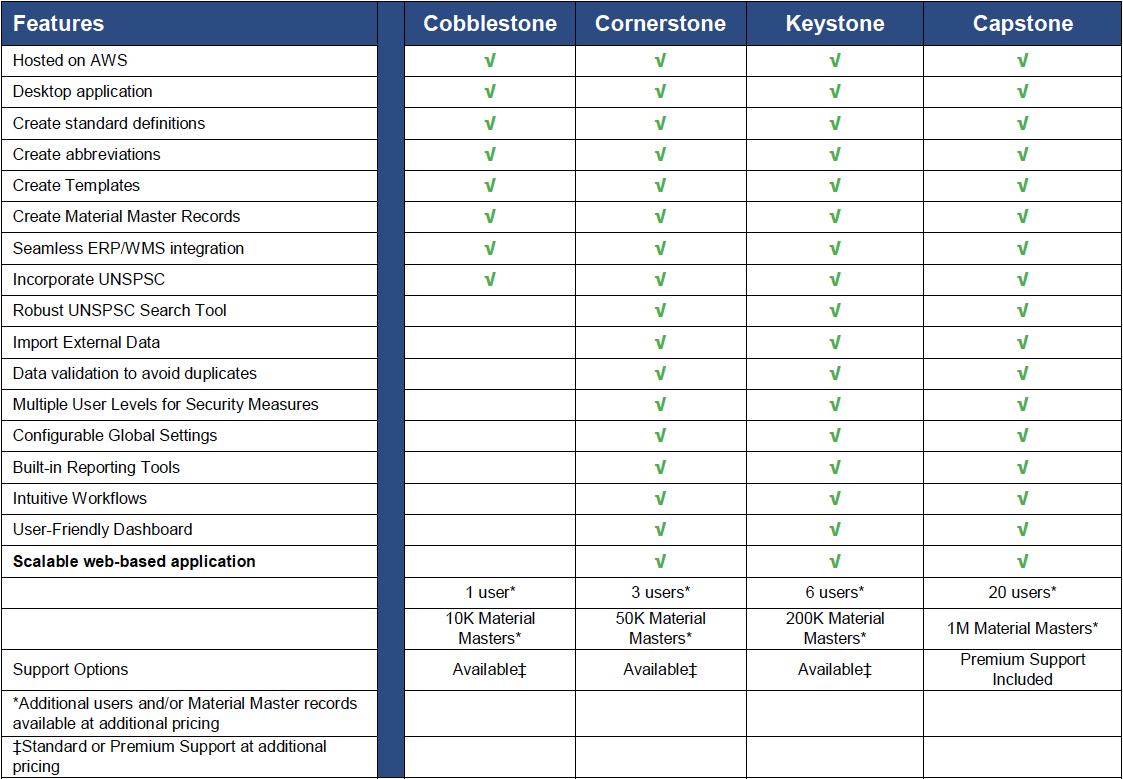In today’s über-competitive marketplace, it’s no surprise to anyone that how an enterprise does business is in a process of metamorphosis. Rapidly disappearing into the mists of time is the old model where a storekeeper merely keeps his shelves stocked so that whenever customers stop by, they can choose from the selection of supplies currently on hand. Or, perhaps created to order like a merchant ship maker building a clipper ship for a waiting customer. Not that the old model has faded entirely, but today it’s inarguably an evolving marketplace, due largely to a transformation by digital technology.

According to an article from the Harvard Business Review: Digital Ubiquity, How Connections, Sensors, and Data Are Revolutionizing Business, (Ten Must Reads of 2016,) the concept of how data and data connections are continuing to transform business can be laid at the feet of an ever-expanding digital universe.
For instance, an established business such as a furniture store might find themselves in the uncertain position of needing to defend their current market share from Internet giants who are now offering similar merchandise online. In the relative scheme of things, they might consider themselves something of a small business, and therefore at a disadvantage because of these impressive market players. Quite understandably, they could argue “But, I’m a small business, how can I compete in a digital arena?” To keep their inventory and sales force manageable, the decision might be made to keep the scope of business to a small scale…BIG mistake.
That same furniture business could decide to connect a digital storefront to their materials masters so that customers looking for a new sofa could pull up the information from the website, accessing specifications directly from the company’s materials master database— complete with pictures and options available—and the furniture seller’s newly retooled business is up and running.
Nothing less than a complete rethinking of the process of doing business is at the center of this technological revolution. As revealed by the HBR article, how this is made possible is by reconsidering value creation and capture:
A business model is defined by two things: how the organization creates value for its customers (customer value proposition) and how it captures that value (how it makes money).
If these two components are further defined using the vehicle of digital ubiquity, then the possibilities for creating revenue are increased exponentially. But before this can be achieved, a business needs to take a hard look at their master data management. Because a model like this only works if the material masters under scrutiny are maintained to precise standards.
Continuing with our example of the furniture business, a customer accessing the furniture business’s online presence isn’t going to be happy if they select an espresso brown distressed leather sofa, only to be told later by an apologetic salesman that particular sofa is not currently available after all. In words that no excited customer wants to hear, their decision to purchase has just been cast adrift on a sea of uncertainty. Worse yet and despite the furniture seller’s best intentions, no hoped-for digital transformation is going to take place if the means by which the customers access the online presence of their business—i.e. the material masters—is inaccurate.
This is a scenario best avoided by our furniture businessman if he doesn’t want to deep-six his business in a hurry. And how he does this is by maintaining the integrity of his materials masters. The good news and the bad news are this: More than ever, savvy customers expect real time accuracy. Make them happy and a customer may have been secured for a repeat performance into perpetuity. But fail, and it’s unlikely the customer will give the retailer a second chance. Anything less than a smooth, real time transaction is unacceptable, and if their high expectations are met with disappointment, customers will sail on by, turning their attention to more reliable resources.
Unfortunately, a scenario like this can easily occur if all of the internal stakeholders in any business aren’t on the same page, using an agreed upon system of data governance. Without such a process in place, small company or large company, the outcome for all involved may wind up on the rocks. In this case, perhaps the furniture buyer hurriedly entered an order for an espresso brown leather sofa but left off the vital attribute of distressed. The manufacturer reserves for the furniture store what they think they wanted when they placed the order. The person responsible for furniture receiving then enters into the material masters that a brown leather sofa is now available, perhaps amongst a sea of similar brown leather sofas. However, what has been ordered isn’t distressed and nobody knows that the materials masters aren’t reflecting the real state of affairs—a fact that all parties concerned, including the customer, will soon be made unhappily aware.
Enter the  Solution
Solution
We provide a select means for data governance, cleaning and standardizing any sized business’s materials masters so they reflect the real status of a company’s offerings. We’ll work with a business’s in house team to assess the current state of their materials masters, determine where they’d like to be going forward, then implement processes to close the gap between the two points so that reliable data is a constant.
Four levels of consulting are available for QuadraDot customers, one is certain to fit any sized business needing precise data governance not only for their internal stakeholders to make informed decisions, but as in that demonstrated for the furniture business, of absolute necessity to provide a real time state of affairs for their customers.
Granite software is also available in four levels, depending upon how many users and materials masters will be input into the database:
![]()

So, whether your business needs precise data cleansing to meet the needs of internal customers, or an additional online presence is desired that requires perfection in supply chain optimization, our QuadraDot team will work with your in house team to sanitize your data and return it to reliable consistency, providing a safe harbor for all those hoisting their sails on a sea of digital ubiquity.







